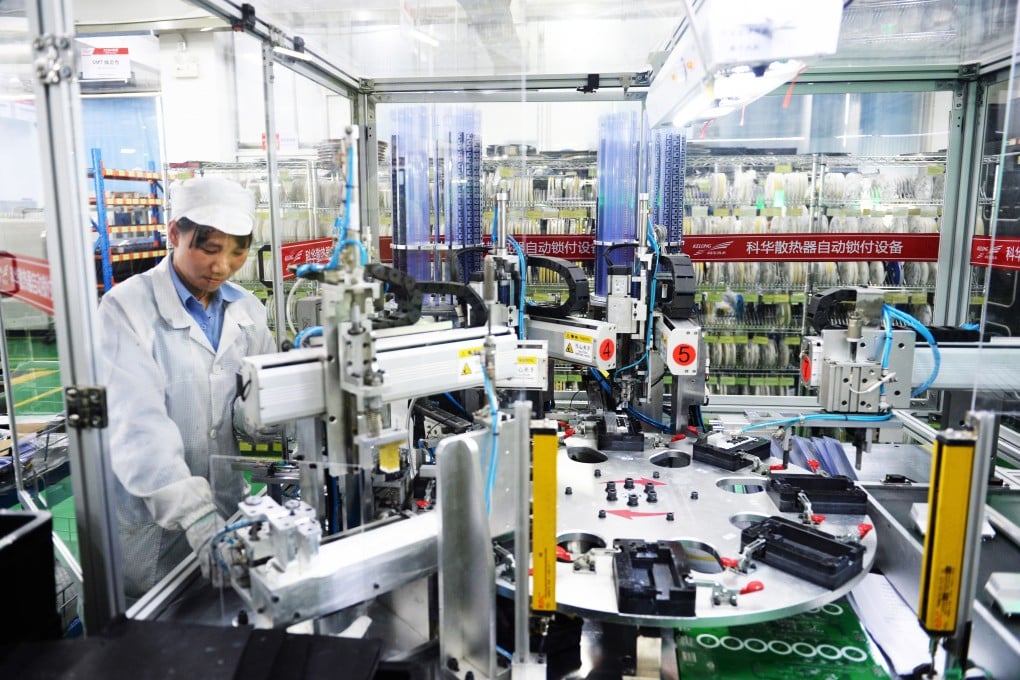Advertisement
The View | Measures to boost the economy show China still has love for its private sector
- Some official policies and statements in the past three years have given the impression that China’s government is anti-private enterprise
- While there have been some harsh measures to bring some private firms in line, others have done well. Recent policy moves will help revive sentiment
Reading Time:3 minutes
Why you can trust SCMP
3

New measures to boost growth in the private sector announced by the Chinese government on July 14 have received a mixed reaction from privately owned firms. Some are suspicious of the policy’s intent, some are in a wait-and-see mode and others are positive.
Why this sense of unease? In the last three years or so, the government has taken some actions that have stunted growth of some private-sector companies. This has created a broad impression that the government is anti-private enterprise.
These actions include the scuttling of Ant Group’s IPO plan, accusations against internet companies such as Alibaba, Tencent and Meituan of violating anti-monopoly regulations and concerns about cybersecurity that led to the delisting of ride-hailing giant Didi Chuxing.
Also, the private tutoring sector was told to cease operations as the government did not want schoolchildren to spend too much time on rote learning. These actions were taken over a rather short period of time, and that resulted in the feeling that the Chinese government is anti-private enterprise.
But is that really the case? China’s privately owned enterprises have generally enjoyed a rather good ride for more than a decade. Many have grown by creating game-changing business models that have generated much value for consumers, business and often the government – in addition to earning handsome profits for themselves, of course.
Companies such as Alibaba and Tencent have become giants in e-commerce, gaming, social media and finance. Their rise has contributed significantly to the growing economic might and technological prowess of China.
Advertisement
